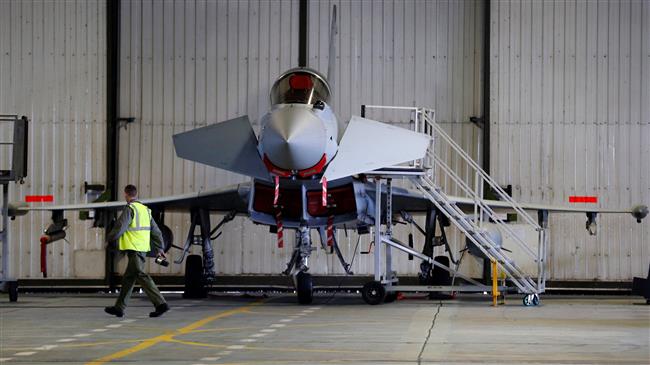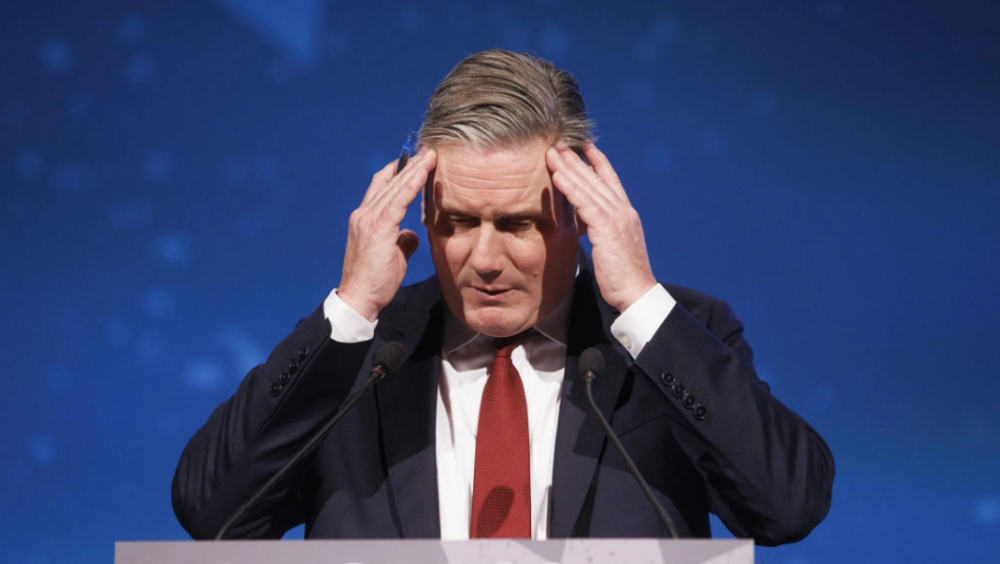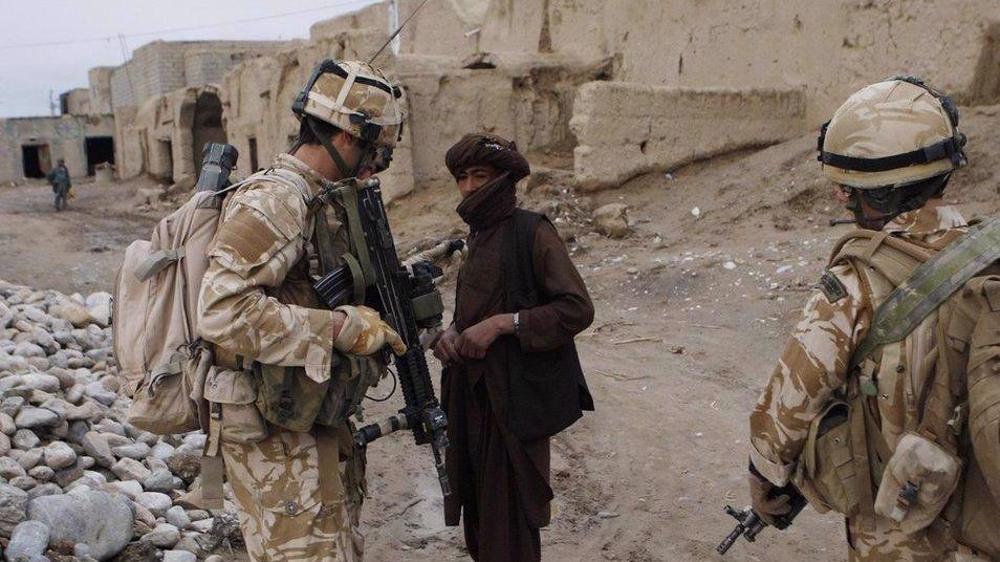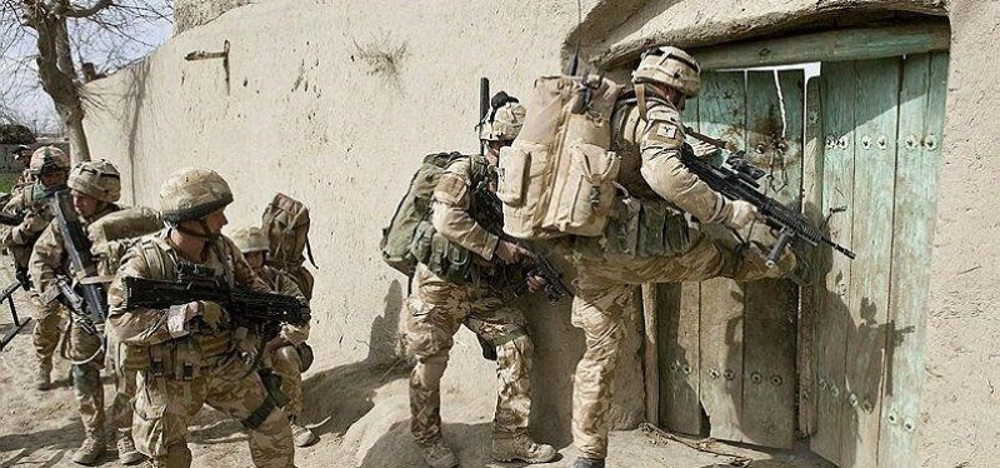UK military embarrassed by lack of firepower in Syria attack
Britain’s lack of firepower in the recent US-led attack against Syria was “depressing” as it forced British military forces to play second fiddle to their French peers, military experts say.
The United States, the UK and France attacked Syria on Saturday, claiming that Damascus was behind an alleged chemical attack the town of Douma, Eastern Ghouta.
While the UK had sent eight fighter jets and one of its advanced warships to partake in the attack, it could only afford to fire eight missiles at Syrian targets in an operation that saw 105 missiles fired in total.
The missiles were launched from four Royal Air Force (RAF) Tornado warplanes that were being protected by four modern Eurofighter Typhoon jets and one of the Royal Navy’s $1 billion Type 45 destroyers, HMS Duncan.
Unnamed military sources revealed to the British paper the Times that none of the Typhoons flying in the mission were able to fire the UK’s own Storm Shadow missiles and the RAF had to rely on the Tornados do the job. This is while the 70s-era jets are bound to retire next year.
In a more embarrassing development, the UK had to remove HMS Duncan from the operation because it, too, was unable to fire cruise missiles. A much older Type 23 frigate that was supposed to help with the operation was never sent to the field for a similar reason.
The UK government has repeatedly postponed programs to arm Typhoon jets and Type 45 ships with Storm Shadows due to budget shortages.
“It is pretty depressing,” a military officer said.
What made British military commanders more upset was France’s ability to attack with five Rafale fighters loaded with Scalp missiles—the French version of Storm Shadow.
The French Navy also joined the offensive with a frigate that fired three cruise missiles, bringing France’s share of the missiles to a total of 12.
The US military fired the remaining 85 missiles from three warships, a submarine and two B-1 Lancer aircraft operating from the Red Sea, the Persian Gulf and the Mediterranean.
“If I was analyzing this and there wasn’t any countries that I know — I didn’t have any loyalty to them — I would say the United States led, followed by France and then Britain,” another unnamed British military officer said.
France has played down speculation that it outpowered the UK on purpose to muscle in on the special relationship between Britain and the US.
Russia, one of Syria’s key supporters in the fight against foreign-backed militants in Eastern Ghouta and other parts of the Arab country, said Syrian air defense intercepted at least 71 cruise missiles fired in the attack.
Trump threatens 200% wine tariffs on France to push Macron to join Gaza board
Yemen’s Saudi-backed PLC slams UAE for running secret prisons; Abu Dhabi denies
Swiss MPs move to strip UEFA of tax-exempt status over failure to ban Israeli teams
VIDEO | Massive Michigan pileup sees over 100 vehicles collide in highway crash
Diagnosing the roots of Iran’s economic turmoil
VIDEO | Press TV's news headlines
Son of Iran’s deposed Shah urges US, Israel to bomb country after failed ‘regime change’ plot
Jan. 12, 2026 – the day Iranians again rallied to reject hostile plots against Islamic Republic











 This makes it easy to access the Press TV website
This makes it easy to access the Press TV website